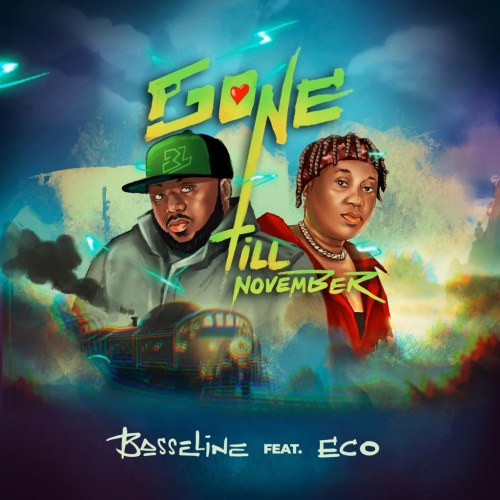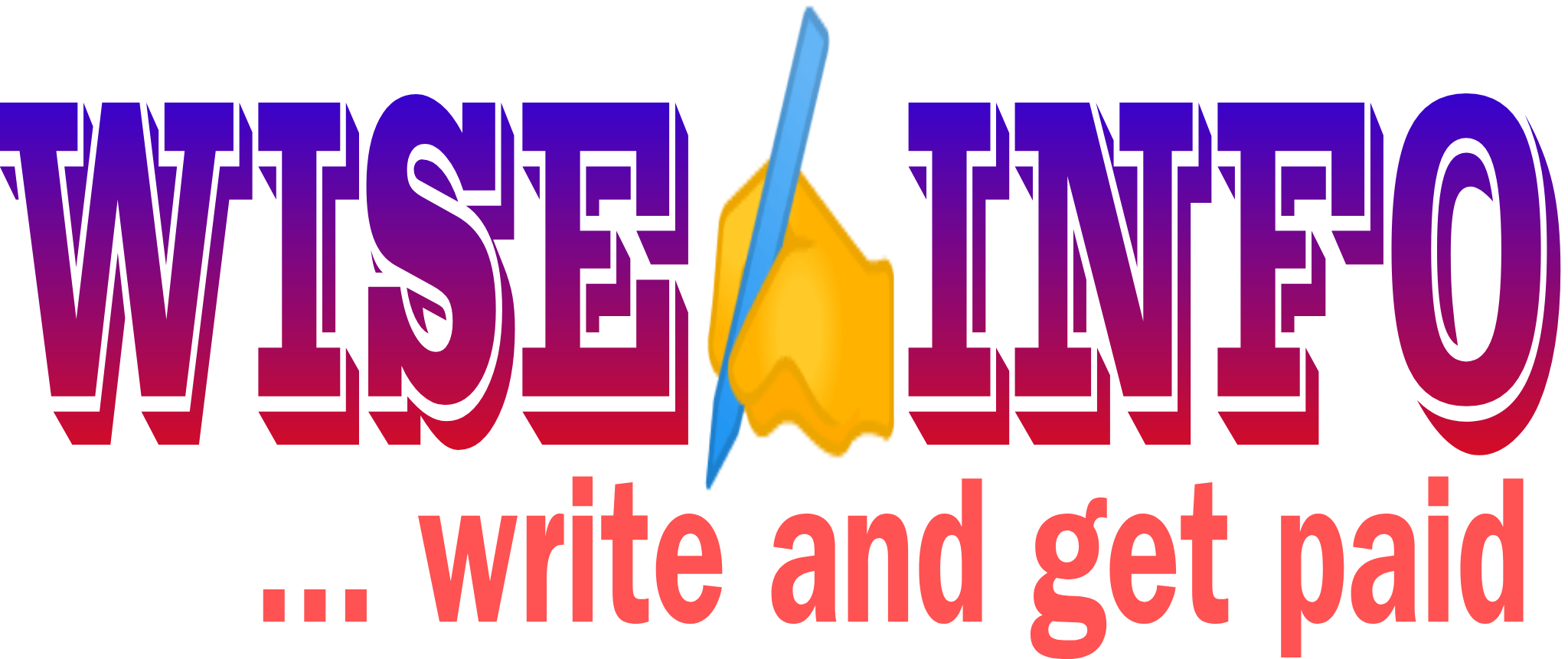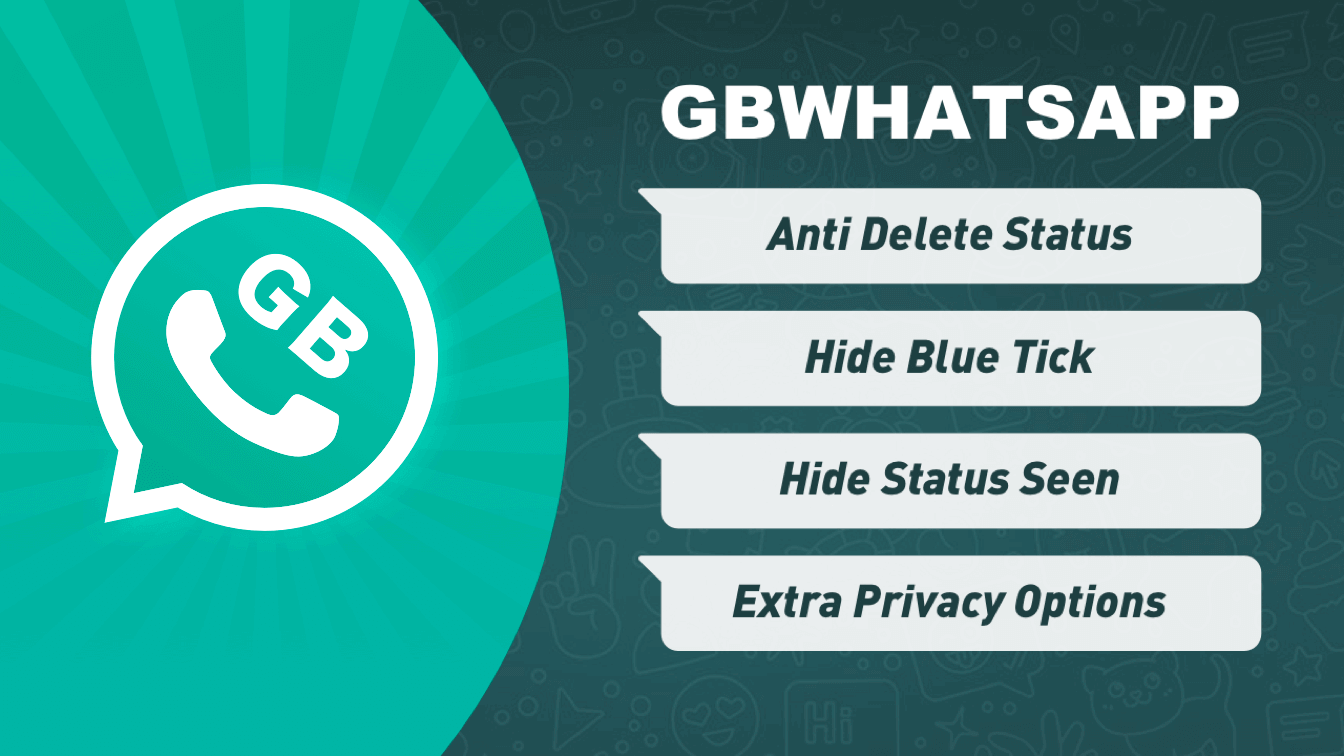5 Useful Tips for Effective Blog Writing
This article provides five useful tips for effective blog writing. The tips include defining your target audience, grabbing attention with a strong introduction, creating well-structured content, using engaging and concise language, and editing and proofreading your work. By following these tips, bloggers can enhance their writing skills and create engaging and relatable content that resonates with readers.
5 Useful Tips for Effective Blog Writing

Blogging has become a popular platform for individuals and businesses to share information, express opinions, and engage with readers. However, crafting a successful blog post requires more than just putting words on a screen. To help you enhance your blog writing skills, here are five useful tips that can take your blog posts from ordinary to extraordinary.
1. Define Your Target Audience:
Before you start writing, it's essential to have a clear understanding of who your target audience is. Identify their demographics, interests, and preferences. This knowledge will help you tailor your content to their needs and ensure that your writing resonates with them. Understanding your audience will also guide your choice of language, tone, and style, making your blog more engaging and relatable.
2. Grab Attention with a Strong Introduction:
In today's fast-paced digital world, readers have limited attention spans. To capture their interest, you need a compelling introduction that grabs their attention from the start. Consider using an intriguing anecdote, a thought-provoking question, or a startling statistic. This will entice readers to continue reading and explore the rest of your blog post.
3. Create Well-Structured Content:
Organizing your blog post in a clear and logical structure is crucial for readability. Start with a captivating introduction, followed by a well-defined body that presents your main points in a coherent manner. Use subheadings, bullet points, and paragraphs to break up the text and make it easier for readers to scan the content. Additionally, include a conclusion that summarizes the key takeaways and provides a satisfying ending to your post.
4. Use Engaging and Concise Language:
Writing for the web requires concise and engaging language. Keep your sentences short and straightforward, avoiding unnecessary jargon or complex terms. Use active voice to make your writing more dynamic and vibrant. Incorporate relevant examples, anecdotes, or visuals to illustrate your points and make the content more relatable. Remember, your goal is to inform and entertain your readers, so make your writing accessible and enjoyable.
5. Edit and Proofread:
Before publishing your blog post, always allocate time for thorough editing and proofreading. Eliminate any grammatical errors, spelling mistakes, or awkward phrasing. Ensure that your ideas flow smoothly and coherently. Pay attention to formatting, such as headings, subheadings, and bullet points, to enhance readability. It's also helpful to read your post aloud to catch any awkward phrasing or inconsistencies. A well-edited blog post demonstrates professionalism and makes a positive impression on your readers.
Incorporating these five tips into your blog writing process can significantly improve the quality and impact of your posts. By understanding your audience, crafting compelling introductions, creating well-structured content, using engaging language, and diligently editing your work, you can create blog posts that resonate with readers and keep them coming back for more.
Happy blogging!
What's Your Reaction?




























































































